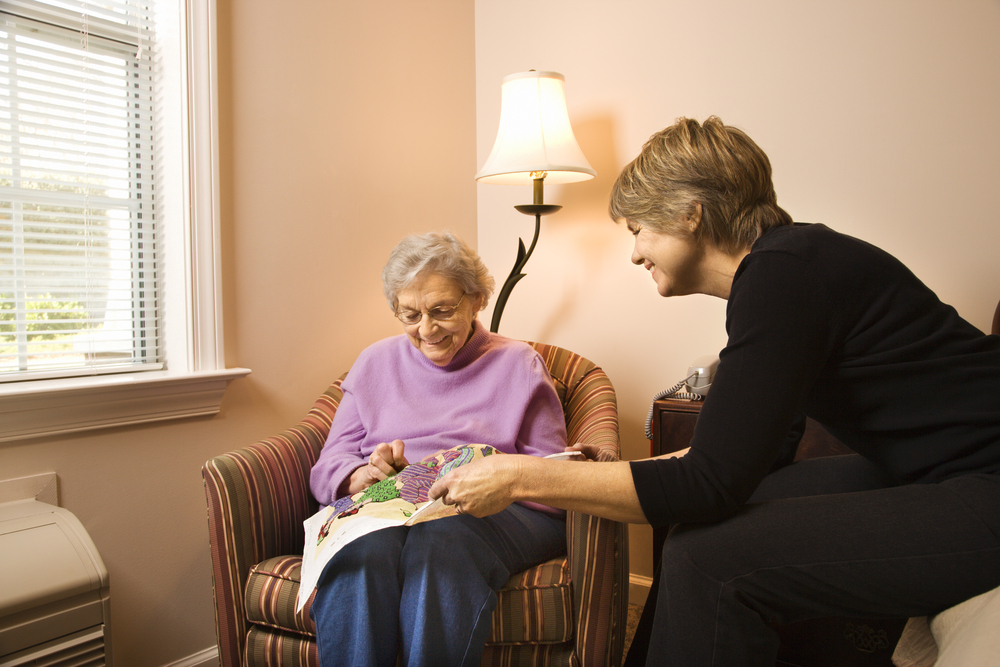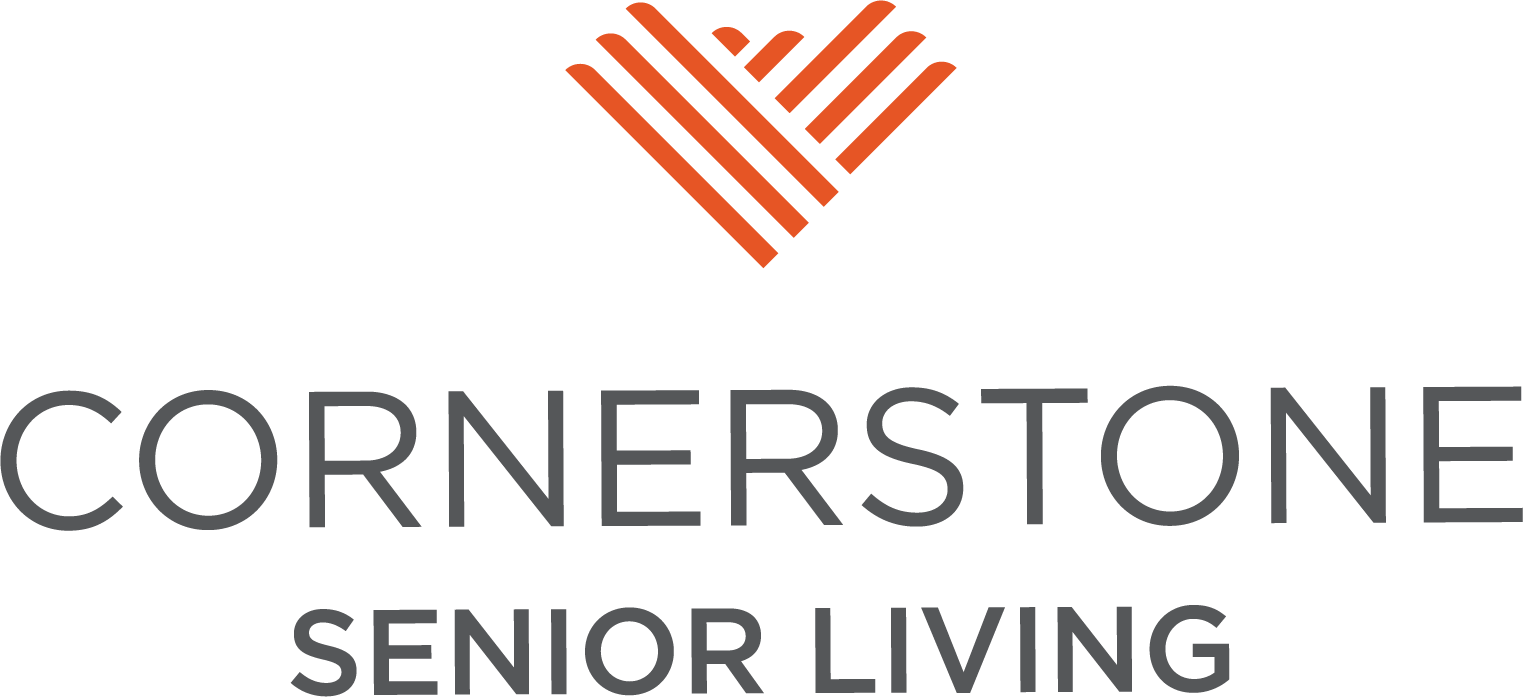
Living with a family member or loved one that is suffering from dementia or Alzheimer’s is not an easy feat, especially if you are the one doing most of the caretaking. Even if your loved one is living in a memory care community, their changing needs and concerns can bring up a lot of uncertainty. You will always want what is best for your loved one. Transitioning to a memory care community is the first big step to understanding your loved one’s needs. These communities are specially designed to provide high-quality Alzheimer’s care.
There are many things that you can do to continue improving your relationship with your loved one living with dementia, yet there are also things that need to be avoided. Find out our top do’s and don’ts when dealing with Alzheimer’s disease.
Alzheimer’s can Bring Out Aggressive Actions
Verbal and physical aggression can be symptoms of someone living with Alzheimer’s or another form of dementia. Something as simple as not wanting to shower, or not wanting to eat vegetables can bring about an aggressive attitude. This is a tough thing to see in a loved one.
Resolve the Conflict
Taking the steps to approach aggressive actions appropriately is important to resolving conflict. The best way to approach this type of situation is to try to find out where this source of stress is coming from and then solving the problem from there. Perhaps their last shower was too hot or the vegetables too cold. If you see the situation escalating, that is not a time to argue, but to redirect or just change the subject.
The main thing that you do not want to do in this situation is to escalate the argument or put your foot down and force them to do the thing that is causing the aggravation.
 Poor Judgment with Alzheimer’s
Poor Judgment with Alzheimer’s
Common behavior in seniors with dementia is thinking that someone walked off with a personal object. Other signs of poor judgment include hoarding and repeating statements or tasks. Life with Alzheimer’s and other forms of dementia presents the difficulty of your loved one dealing with lapses in judgment.
When you see signs of a lapse in judgment, ensure that you have access to their checkbooks and utility bills. This will give you peace of mind that things are being taken care of. It’s also important to have your legal documents like Power of Attorney in place at the first sign of dementia.
Don’t overtask your loved one with making decisions or unnecessary responsibility that you can easily handle. Remember, what used to be the simplest of decisions can now cause added stress for your loved one. Just knowing that they are struggling with something as simple as calculating the tip during your lunch out can cause a stressful reaction.
You want to completely avoid being accusatory or correcting their mistakes.
Confusion and Memory Loss
Your loved one may experience confusion with place or time. They may not always understand why they are in a memory care community, or even who you are. Some great ways to remind your loved one about who they are through family photos or videos. Aside from redirecting your loved one from their issue of stress, it can be difficult to navigate without having unnecessary lengthy conversations.
Memory Care with Cornerstone Senior Living will Help Your Loved One
If you have a loved one that is dealing with dementia then you want the best care possible for them. Get in touch with Cornerstone Senior Living and arrange a tour of one of our elite memory care communities.



 Copyright © 2023 Cornerstone Senior Living - All Rights Reserved
Copyright © 2023 Cornerstone Senior Living - All Rights Reserved